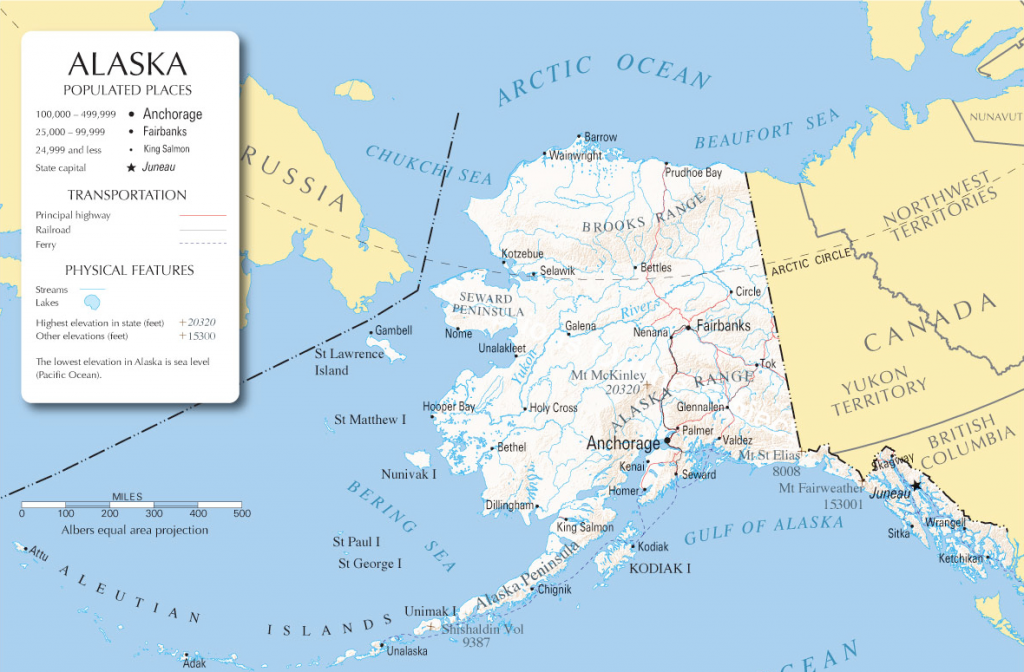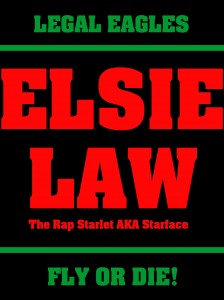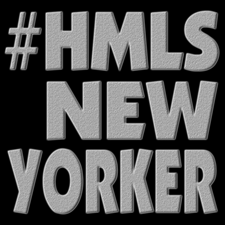“The outstanding and most prominent of man’s beliefs are those which were forced upon him, or which he absorbed of his own volition, under highly emotionalized conditions, when his mind was receptive. Under such conditions, the evangelist can plant the idea of religion more deeply and permanently during an hour’s revival service than he could through years of training under ordinary conditions, when the mind was not in an emotionalized state.” -Napoleon Hill
Quote Of The Day
Quote Of The Day
“The 1800s in America was a time when a few ruthless individuals gained most of the country’s wealth. Banker J.P. Morgan once refused a loan to the U.S. government because, he said, it lacked collateral. Cleveland’s John D. Rockefeller began his business career as an accountant, heading a firm that investigates the potential of oil investments. He told his own employees there was no future in oil, then wholeheartedly invested in the natural resource himself.” -From, “Indian Summer” By: Brian McDonald
Legal Eagles Fun Fact: Alaska
 Alaska is a state that does not have sales tax or income tax. According to the June 2018 issue of National Geographic, in Alaska: “The oil and gas industry funds 90 percent of the state budget- plus an annual dividend of over $1,000 to each Alaskan- mostly through a tax of North Slope oil flowing through the Trans-Alaska Pipeline System (TAPS).”
Alaska is a state that does not have sales tax or income tax. According to the June 2018 issue of National Geographic, in Alaska: “The oil and gas industry funds 90 percent of the state budget- plus an annual dividend of over $1,000 to each Alaskan- mostly through a tax of North Slope oil flowing through the Trans-Alaska Pipeline System (TAPS).”
Black History Fact Of The Day: The U.S. Virgin Islands
 “In 1917, the U.S. bought the Dutch West Indies for $125 million and renamed them the U.S. Virgin Islands. WWI was underway, and Uncle Sam wanted the islands as a naval base to protect the strategically important Panama Canal. The U.S. government assigned the administration of the islands to the Department of the Navy.” -From, “Gangsters of Harlem”
“In 1917, the U.S. bought the Dutch West Indies for $125 million and renamed them the U.S. Virgin Islands. WWI was underway, and Uncle Sam wanted the islands as a naval base to protect the strategically important Panama Canal. The U.S. government assigned the administration of the islands to the Department of the Navy.” -From, “Gangsters of Harlem”
Quote Of The Day
Black Business Spotlight: Sweet Science
Buy Black Purchase: Super-Sized Toothbrush
Quote Of The Day
“As he ran my papers, I was reminded of the armed white men, dubbed ‘pattie rollers’ by African Americans, who were deployed throughout the South to patrol and prevent slave rebellions. These patrols, which white men in the South were required to serve in, operated exclusively at night, traveling on horseback from plantation to plantation, harassing black people, looking for contraband (weapons, liquor, books, etc.) that might indicate a plan to flee. Pattie rollers were instructed to lash viciously any enslaved African without a written pass. In North Carolina, a law ordered pattie rollers to whip on the spot any “loose, disorderly, or suspected person” found among enslaved Africans. It was from these pattie rollers, funded by local taxes, that many modern policing concepts were derived. For example, pattie rollers, like modern police, referred to patrollers’ designated areas of operation as ‘beats.’” -M.K. Asante





